
Drooling is normal to be seen in babies, since their bodies and minds are yet to learn how to control this phenomenon. However, once children are older than 4, drooling usually ceases completely, unless there is a certain neurological problem present. Namely, this kind of problem might prevent swallowing of excessive saliva, leading to drooling, even at an older age. Drooling is considered inappropriate, embarrassing and may lead to social exclusion of an individual.Facts about Drooling
Apart from the negative aspects mentioned above, drooling can be dangerous as well, irritating the skin of the face, neck and chest. However, saliva per se is a very useful substance that our body produces for many reasons.
Saliva is mostly made out of water, with several extra substances including sodium, chloride, potassium and mucous. The mucous protects the esophagus from damage during eating while the rest of the saliva provides a protective layer of calcium around the teeth and keeps the gums healthy by removing all the unwanted bacteria from the mouth. Finally, saliva starts the initial stage of digestion, when it comes to starchy food.
Reasons behind Drooling
Saliva gets produced from a set of three glands and numerous smaller ones, all of which are located in the mouth, behind the cheeks, under the tongue and near the lower jaw. Normally, children produce ½ to 1 ½ quarts of saliva daily, before the age of 8. Therefore, younger children are capable of producing up to 8 times more saliva than adults are. However, once all this saliva is not swallowed, drooling takes place, with excessive, accumulated saliva escaping the mouth. This condition is usually a sign of improper or insufficient swallowing. Rarely, the underlying cause of the problem is the body of an individual, producing excessive amounts of saliva.
Treatment for Drooling
First of all, people with drooling problems can opt for speech therapy, where they will learn how to control the saliva in their mouth and move it back before swallowing it. A better body posture can mean less drooling too. Alternatively, medications may prove to be helpful too.
These medications usually inhibit the saliva producing process, making our body produce less of this liquid, ending drooling this way. Robinul is one medication capable of doing this, taken in the form of a pill. Scopolamine patches may be placed on the skin, administering medication for several hours each day, before being removed. Artane and Cogentin can prove to be of assistance as well.
Surgery may also be an option, bypassing and changing the ducts through which saliva flows or removing salivary gland tissue by X-rays or lasers. Botox may provide a temporary, but effective solution. Also, some people may try dealing with this problem through alternative treatments such as biofeedback, hypnotherapy or wearing fashionable bibs.


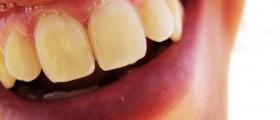


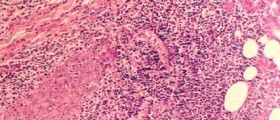
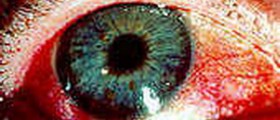
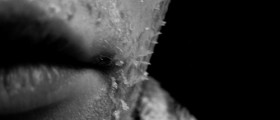


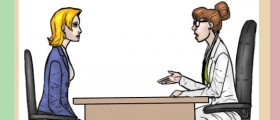

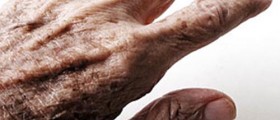

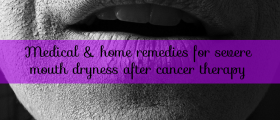
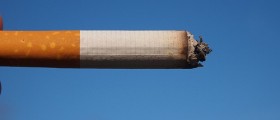
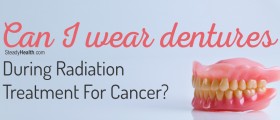
Your thoughts on this
Loading...